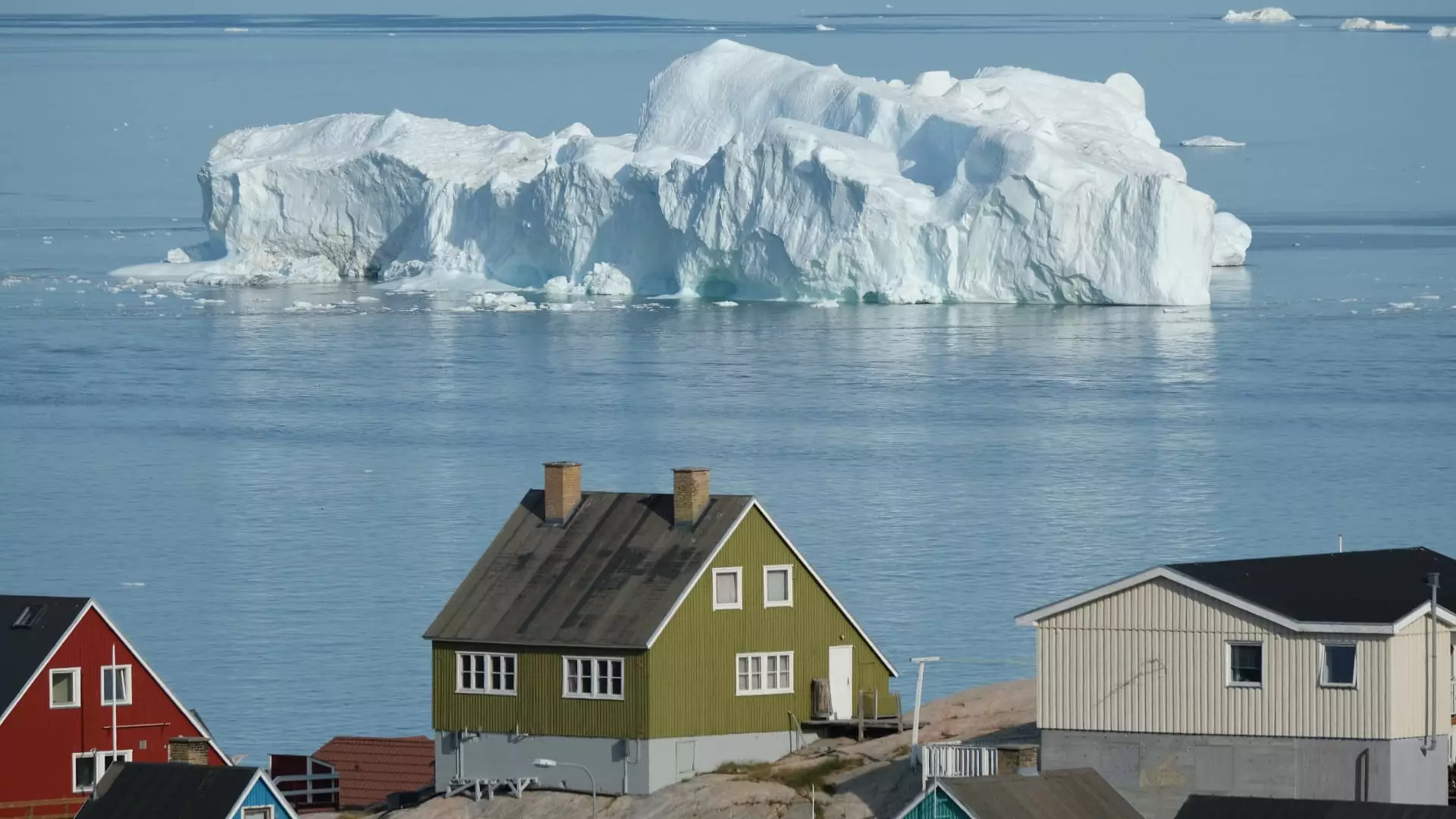The Arctic region has increasingly become a focal point of global attention, particularly due to the strategic importance of Greenland. Former President Donald Trump’s controversial proposal to purchase Greenland underscores the heightened interest in this vast, icy territory, which, while primarily associated with Denmark, holds critical geopolitical value for major world powers. The notion of utilizing military or economic tactics to acquire Greenland reveals not only a thirst for territorial expansion but also an acute awareness of the area’s pivotal role in modern geopolitical dynamics.
While the United States has showcased its interest, it is essential to recognize that Greenland’s significance extends well beyond American ambitions. In 2018, a Chinese state-owned enterprise sought to invest approximately $550 million in expanding two airports in Greenland, a bid that ultimately faltered but demonstrated China’s strategic calculus regarding the Arctic. Concurrently, Russia has been taking steps to reassert its military presence in the region by reopening previously abandoned Soviet bases, such as the Nagurskoye base, less than 600 miles from Greenland’s coastline. This revitalization reflects a broader strategy in which Russia aims to strengthen its influence over Arctic resources and pathways, further complicating the geopolitical landscape.
According to Professor Kalus Dodds, the intrinsic geostrategic value of Greenland has positioned it as “a kind of ground zero” in the Arctic geopolitical theater. The territory’s geographical positioning plays a crucial role in America’s ballistic missile detection and defense systems. As noted by Brent Sadler, a senior research fellow, the increase in China’s intercontinental ballistic missile capabilities creates a pressing need for the U.S. to secure its northern defenses. From this perspective, Greenland’s location becomes an integral part of a broader national defense strategy, amplifying its importance beyond mere territorial claims.
In addition to military significance, the economic potential of Greenland cannot be overlooked. The Arctic is witnessing a dramatic shift with the increasing accessibility of shipping routes due to melting ice, yielding lucrative opportunities for global trade. The Arctic Council reported a 37% surge in shipping via Arctic routes from 2013 to 2023, a trend that underscores the importance of this region for international commerce. China’s announcement of the “Polar Silk Road,” a proposed link between China and Europe via Arctic waters, further highlights the economic stakes involved.
As the Arctic region evolves into a hotspot of strategic and economic importance, Greenland stands at a crossroads of international interests. The interplay of military ambitions, economic opportunities, and shifting geopolitical alliances illustrates that this previously overlooked territory is now a critical chess piece on the global stage. The actions and aspirations concerning Greenland not only reflect national interests but also evoke profound implications for international relations, making it imperative that stakeholders approach this region with nuanced strategies that consider both cooperative and competitive elements. The era of Arctic exploration and contestation is here, and Greenland remains its centerpiece.



Leave a Reply